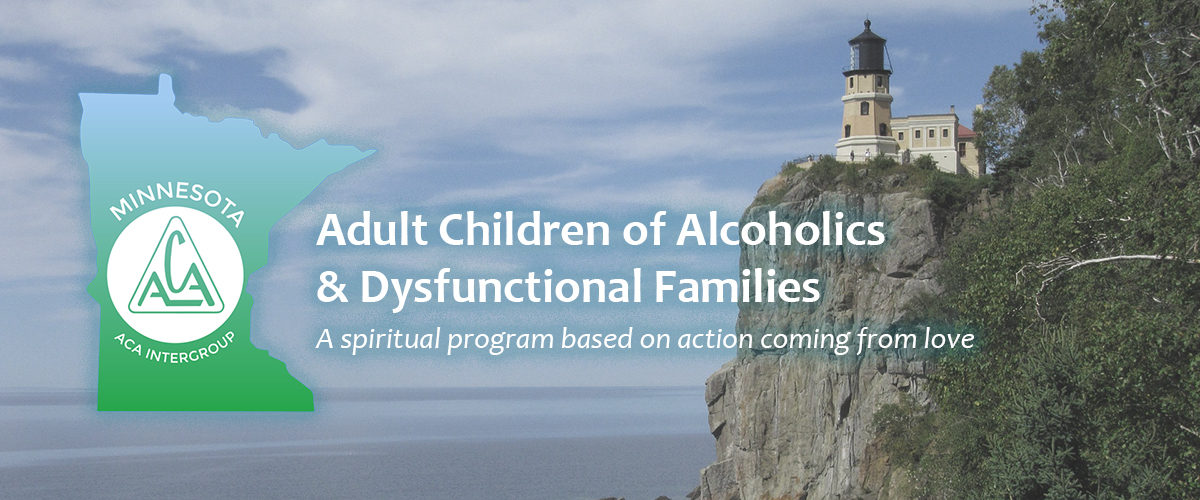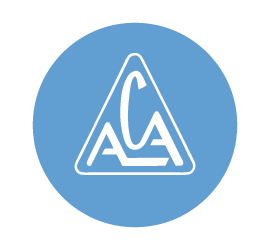Announcement 3/30/2024: Please re-register to get our emails (on events, meetings, and opportunities) by filling out the form at the bottom of this page. We are sorry for the inconvenience!
Help your Minnesota Intergroup carry the message!
- Share and circulate the following events with your home groups
- Click NEWS from Minnesota Intergroup homepage
- Print visuals/flyers to help publicize the events
Click here for Flyers and Details for Upcoming Intergroup Events
WHAT IS ACA?
ACA is a 12 Step/12 Tradition program of recovery dedicated to people who were raised in dysfunctional families. ACA does not seek to assign blame to parents or caretakers, but we seek to understand the reality of how family dysfunctions affected us as children and still affects our adult behavior today.
Family dysfunction can include alcoholism, abandonment, neglect, or any type of addiction or abuse. ACA is synonymous with ACoA; Adult Children Anonymous; & Adult Children of Alcoholics and Dysfunctional Families.
Adult Children can identify with many (if not all) of the 14 characteristics below. This list of common traits is affectionately known as the “Laundry List”.
Laundry List
- We became isolated and afraid of people and authority figures.
- We became approval seekers and lost our identity in the process.
- We are frightened by angry people and any personal criticism.
- We either become alcoholics, marry them, or both, or find another compulsive personality such as a workaholic to fulfill our sick abandonment needs.
- We live life from the viewpoint of victims and are attracted by that weakness in our love and friendship relationships.
- We have an overdeveloped sense of responsibility and it is easier for us to be concerned with others rather than ourselves; this enables us not to look too closely at our own faults.
- We get guilt feelings when we stand up for ourselves instead of giving in to others.
- We become addicted to excitement.
- We confuse love and pity and tend to “love” people we can “pity” and “rescue”.
- We have “stuffed” our feelings from our traumatic childhoods and have lost the ability to feel or express our feelings because it hurts so much.
- We judge ourselves harshly and have a very low sense of self-esteem.
- We are dependent personalities who are terrified of abandonment and will do anything to hold on to a relationship in order not to experience painful abandonment feelings which we received from living with sick people who were never there emotionally for us.
- Alcoholism is a family disease and we became para-alcoholics and took on the characteristics of that disease even though we did not pick up the drink.
- Para-alcoholics are reactors rather than actors.
Tony A., 1978







